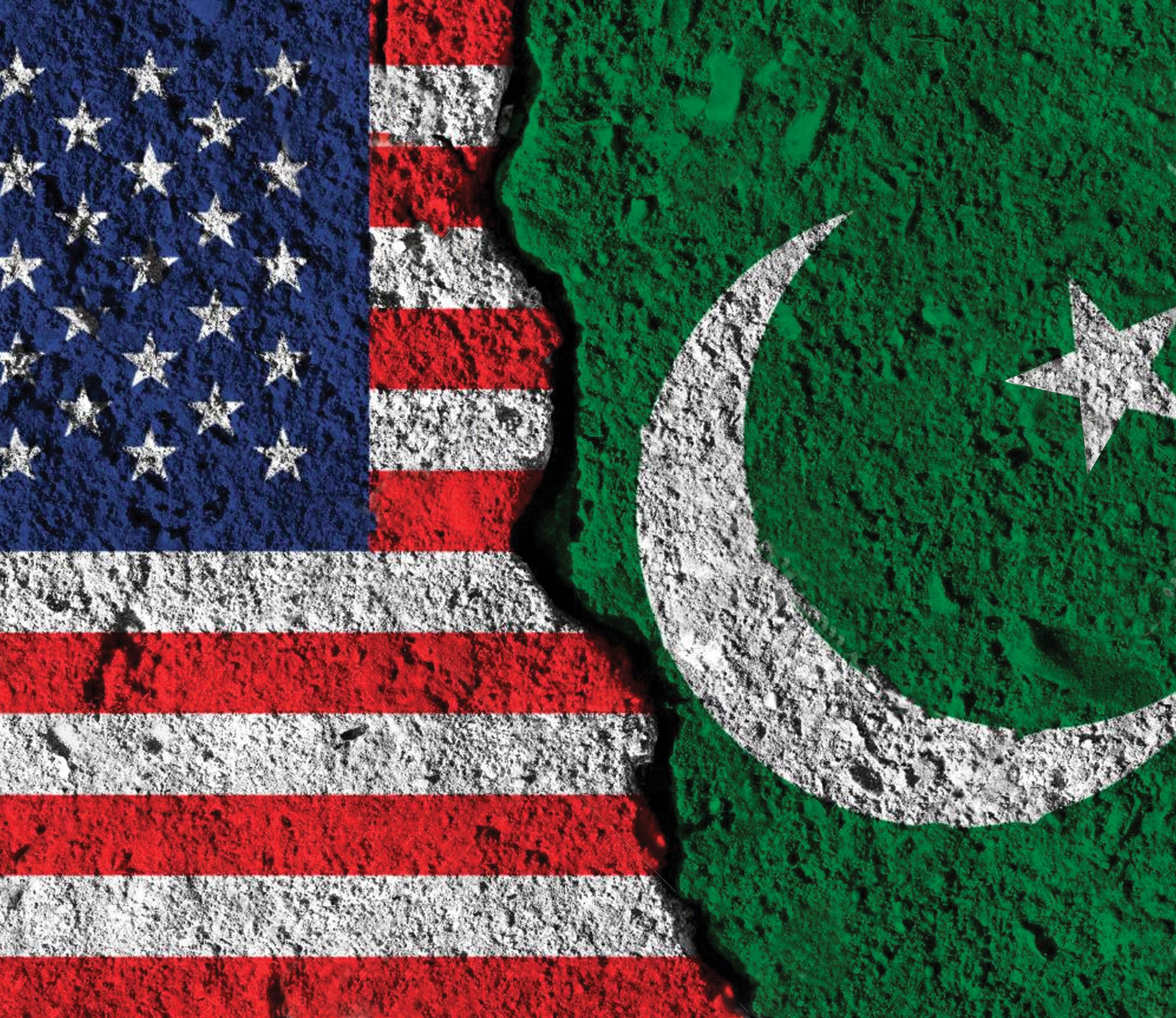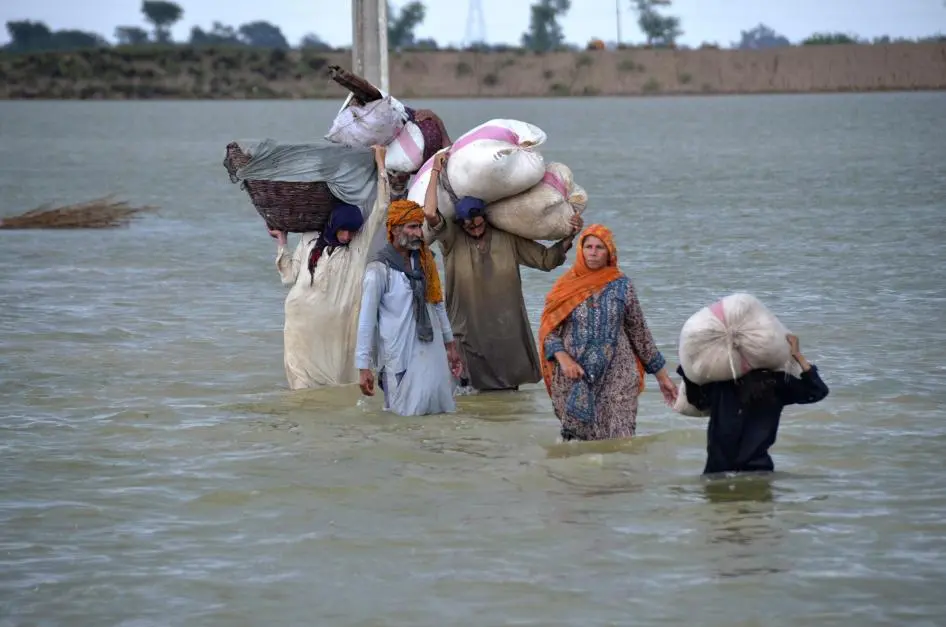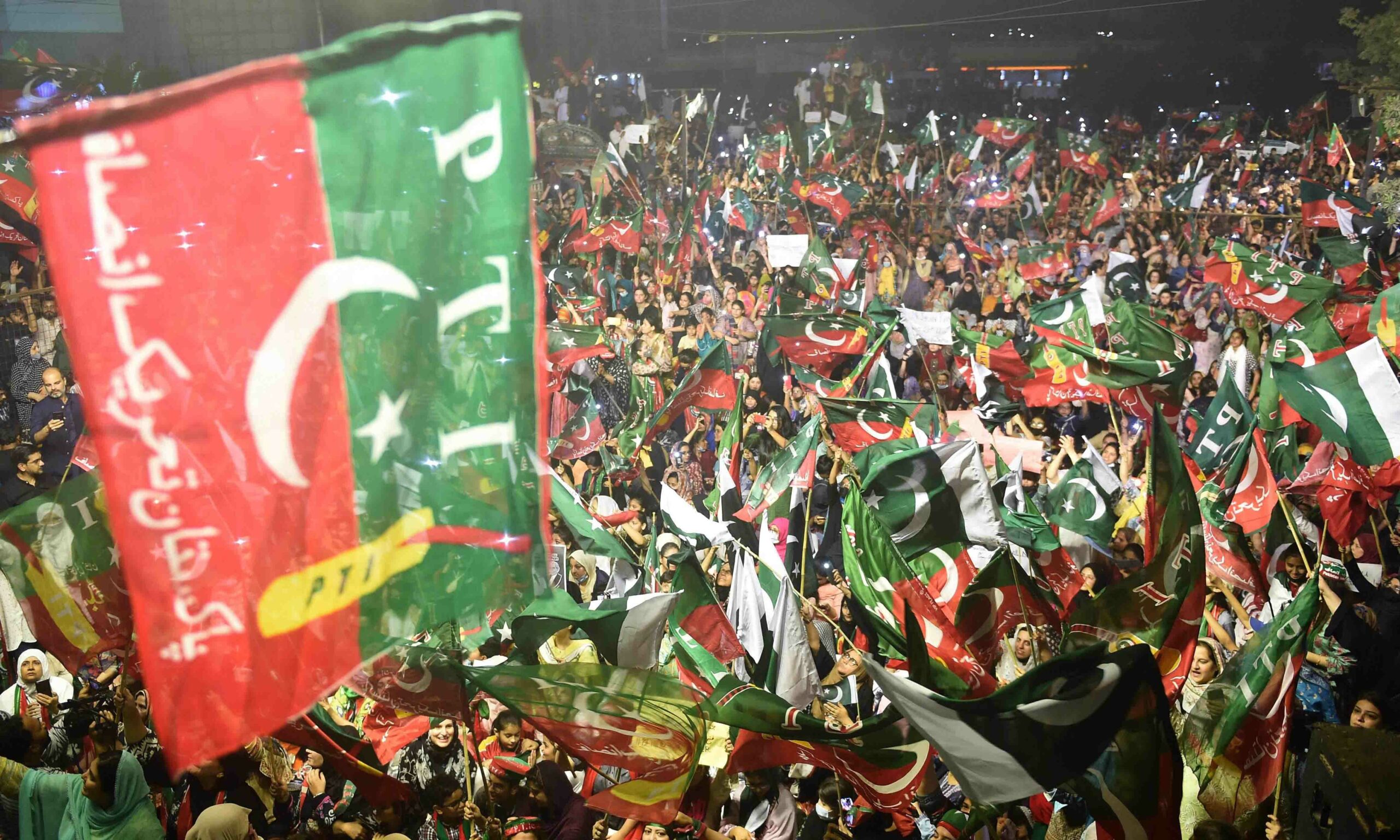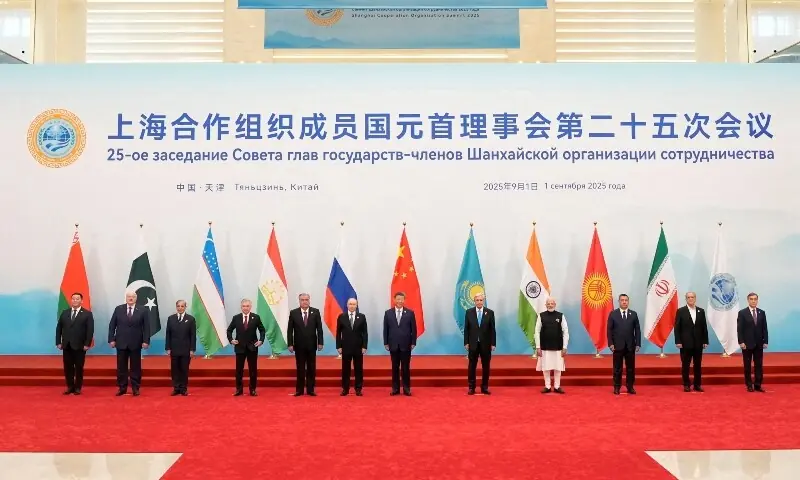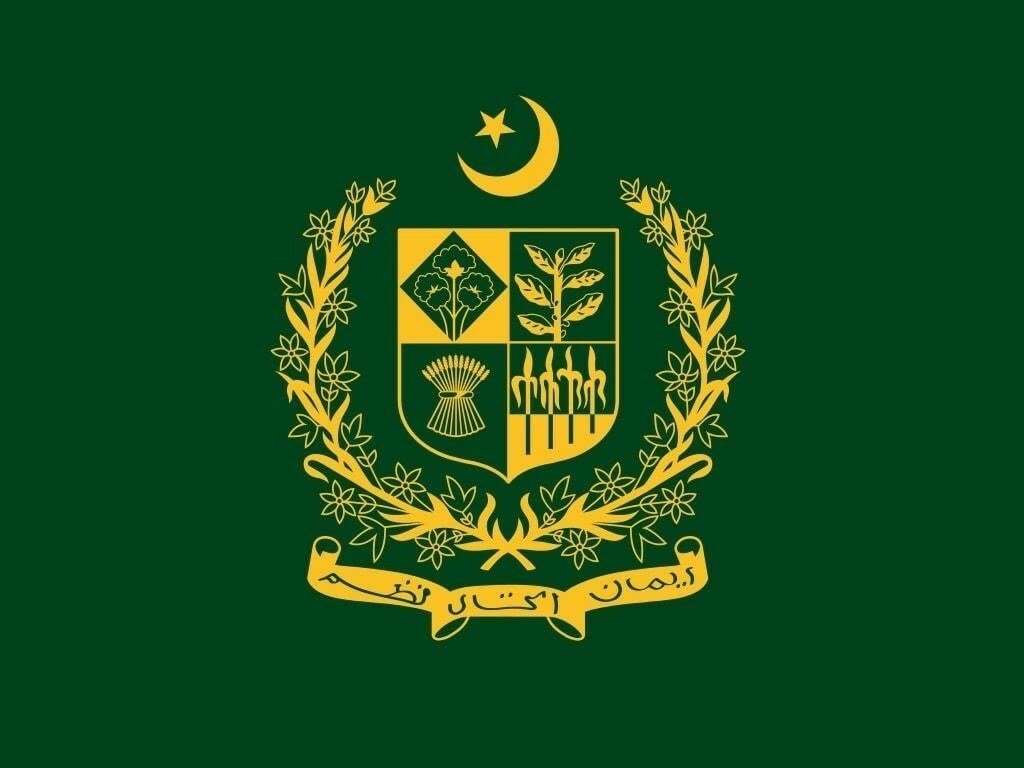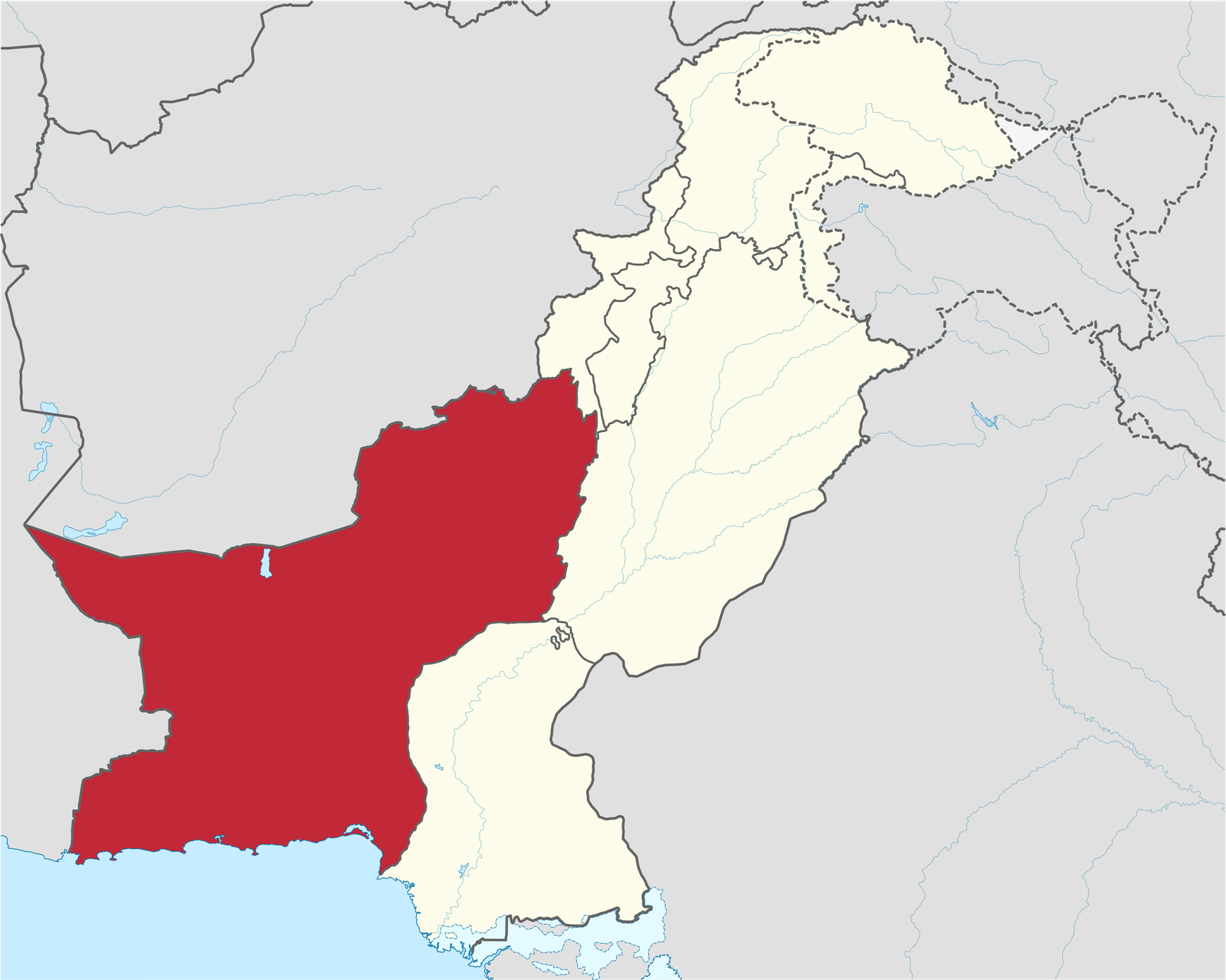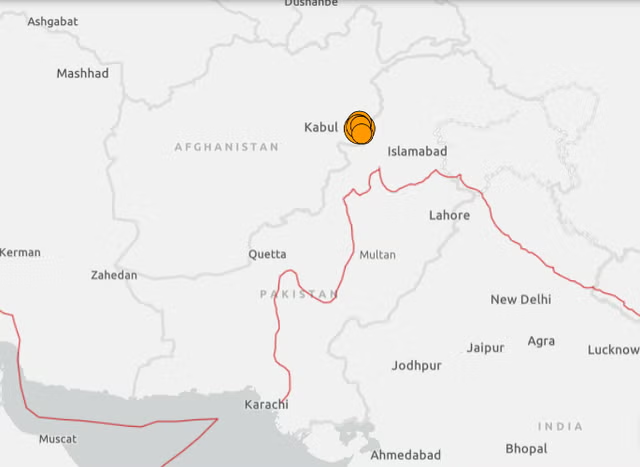Mubashar Nadeem
Pakistan’s constitutional identity leaves no room for ambiguity. Article 1 of the 1973 Constitution explicitly declares Pakistan as the “Islamic Republic of Pakistan — a federal republic.” This definition alone should guide the political and administrative direction of the state. The foundation of Pakistan is federalism, not centralism. Yet, the practice of governance over the past five decades has consistently undermined this principle. This deviation has sparked a recurring debate: is Pakistan’s challenge one of system design, or of system implementation? The truth is that the real problem lies in the entrenched centralist mindset, which continues to dilute the spirit of federal democracy.
The American Federal Model: A Benchmark of Success
The United States, often regarded as the most successful federal democracy, offers critical lessons for Pakistan. Its model rests on the clear division of powers. The federal government handles defense, foreign policy, and national economy, while individual states retain autonomy over education, policing, healthcare, taxation, and budgets. This arrangement is not just theoretical — it is operationalized through institutions that enforce checks and balances across the legislature, judiciary, and executive. As a result, American states preserve their individuality while remaining firmly united under the federal union. The durability of this system underscores the strength of decentralization when it is embedded both constitutionally and practically.
https://www.youtube.com/@TheRepublicPolicy
Pakistan’s Centralist Drift
In contrast, Pakistan’s governance has eroded the essence of federalism. Several constitutional safeguards have been ignored. Article 140-A, which makes local governments mandatory, is repeatedly undermined. The landmark 18th Amendment, which devolved substantial powers to provinces, has been resisted in implementation. Similarly, the National Finance Commission (NFC) Award, designed to ensure fair distribution of resources, has often been delayed or politicized. Such centralist practices not only violate constitutional promises but also breed provincial resentment and deepen feelings of deprivation. The federal structure becomes weaker each time power is hoarded at the center rather than distributed as mandated.
A Misplaced Debate: Presidential vs. Parliamentary
Public discourse in Pakistan is often trapped in a binary debate over whether a presidential or parliamentary system is better. This framing misses the real question. The problem is not the “form” of democracy but the absence of genuine federal practice within whichever system exists. Are provinces exercising the autonomy guaranteed to them? Are local governments empowered to deliver services effectively? Sadly, the answer remains negative. Therefore, the crisis is not one of constitutional form but of the political will to implement federalism in both letter and spirit. Hence, whether it is presidential or parliamentary democracy, the federalism and devlolution will remain the same.
https://facebook.com/RepublicPolicy
Reform Agenda: Learning from Federal Models
For Pakistan to become a functional and durable federation, reforms must prioritize decentralization. The first step is meaningful administrative, fiscal, and legal devolution that ensures provinces receive their due rights. Second, local governments must be institutionalized as permanent democratic organs, empowered to design policies and deliver services. Third, provinces must be given full freedom to pursue economic models that reflect their resources and potential. Fourth, judicial enforcement must guarantee compliance with constitutional federalism, holding governments accountable when they violate the framework. Finally, political parties must reform their internal structures to embrace democracy, enabling policy-driven politics instead of centralist patronage.
Devolution in Stages: From Center to Provinces to Districts
True federalism requires not just center-to-province decentralization, but a layered transfer of power down to districts and municipalities. The American model demonstrates this effectively, where states further empower counties and cities. Pakistan must follow suit. Without grassroots democracy, governance remains distant from the people, and citizens are alienated from decision-making. Real empowerment can only be achieved when people directly influence how their communities are run.
https://instagram.com/republicpolicy
The Centralist Threat
The persistence of centralist elites is Pakistan’s gravest challenge. By consolidating power at the center, they maintain dominance over resources and political structures, even at the cost of constitutional principles. Advocates of alternative models — whether China’s unitary structure or Saudi Arabia’s monarchy — ignore Pakistan’s foundational identity as a federal democracy. To abandon federalism would not only betray the 1973 Constitution but also undermine the very logic of Pakistan’s diverse provinces coming together under one state. Centralism is not just inefficient; it is existentially dangerous, as it alienates provinces and fractures national unity.
https://whatsapp.com/channel/0029VaYMzpX5Ui2WAdHrSg1G
Restoring the Spirit of Federalism
Pakistan’s future stability depends on restoring federal democracy as a lived reality rather than a constitutional slogan. Federalism means sharing power, not monopolizing it; it means partnership among provinces, not domination by the center; it means grassroots participation, not exclusion of the people. The American example proves that federalism strengthens rather than weakens a state. Pakistan must move beyond cosmetic reforms and embrace the constitutional promise of decentralization.
The path forward requires courage from political leadership, vigilance from civil society, and accountability from institutions. Pakistan does not need to reinvent its system — it needs to honor and implement what is already enshrined in its Constitution. Centralism has failed, and its costs are visible in governance breakdown, economic disparities, and rising provincial discontent. Federalism is not an option; it is the constitutional destiny of Pakistan.



